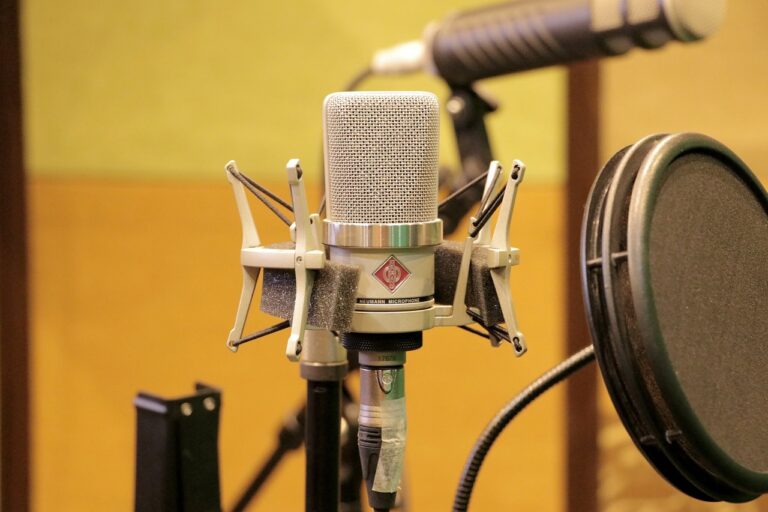The Future of Sustainable Music Production: Green Recording Studios
Traditional music production faces numerous challenges in the modern era. One significant obstacle is the high cost associated with recording, mixing, and mastering in conventional studios. Independent artists and smaller record labels often struggle to afford the expenses involved in producing high-quality music within these traditional settings. This financial burden can limit the creative output of musicians and lead to a homogenization of sound as artists may opt for more affordable, but less versatile, production techniques.
Moreover, the competitive nature of the music industry poses a constant challenge for traditional music production. With many aspiring musicians vying for recognition and limited spots on radio playlists and streaming platforms, artists face immense pressure to deliver hit songs that cater to popular trends and tastes. This pressure can stifle artistic innovation and diversity in music production, as artists may feel compelled to conform to mainstream expectations to secure commercial success.
Rise of Eco-Friendly Recording Studios
Eco-friendly recording studios are gaining popularity within the music industry as a sustainable alternative for music production. These studios are designed with environmental considerations in mind, utilizing energy-efficient equipment and practices to minimize their carbon footprint. By implementing green technologies such as solar panels, LED lighting, and energy-efficient heating and cooling systems, eco-friendly recording studios aim to reduce their impact on the environment while still delivering high-quality audio recordings.
In addition to environmental benefits, eco-friendly recording studios also offer a healthier working environment for musicians and producers. By using non-toxic materials and promoting good indoor air quality, these studios prioritize the well-being of their occupants. With a growing emphasis on sustainability across various industries, the rise of eco-friendly recording studios represents a positive shift towards more responsible and eco-conscious music production practices.
Innovative Technologies in Sustainable Music Production
Advancements in technology have revolutionized the landscape of music production, paving the way for sustainable practices in the industry. From energy-efficient studio equipment to virtual collaboration platforms, innovative technologies are driving positive change towards a greener future for music production. These tools not only reduce carbon footprint but also offer creative solutions to streamline workflows and enhance the overall production process.
One such technology making waves in sustainable music production is cloud-based recording software. By allowing musicians and producers to work remotely without the need for physical studio setups, this technology significantly cuts down on travel emissions and energy consumption. Additionally, the use of renewable energy sources to power recording studios is gaining momentum, aligning with the music industry’s shift towards environmental consciousness.
• Cloud-based recording software allows for remote work without physical studio setups
• Cuts down on travel emissions and energy consumption
• Use of renewable energy sources to power recording studios is gaining momentum
What are some of the challenges in traditional music production?
Some challenges in traditional music production include high energy consumption, waste generation, and carbon emissions from equipment and studio operations.
How are eco-friendly recording studios contributing to sustainable music production?
Eco-friendly recording studios are using energy-efficient equipment, incorporating renewable energy sources, and implementing waste reduction practices to minimize their environmental impact.
Can you provide examples of innovative technologies in sustainable music production?
Some examples of innovative technologies in sustainable music production include solar-powered recording equipment, energy-efficient LED lighting, and digital streaming platforms to reduce physical product waste.







